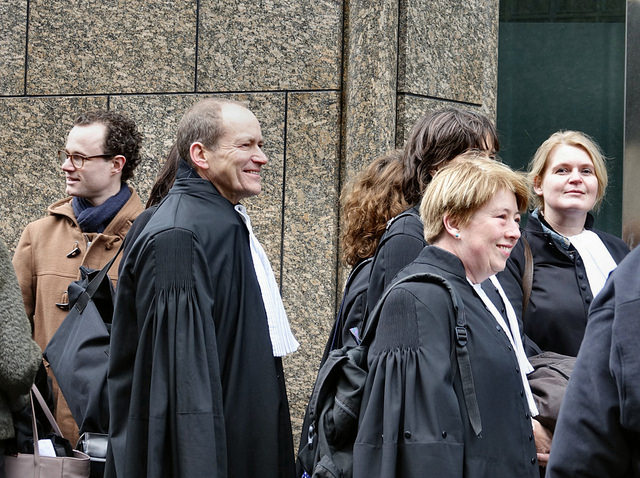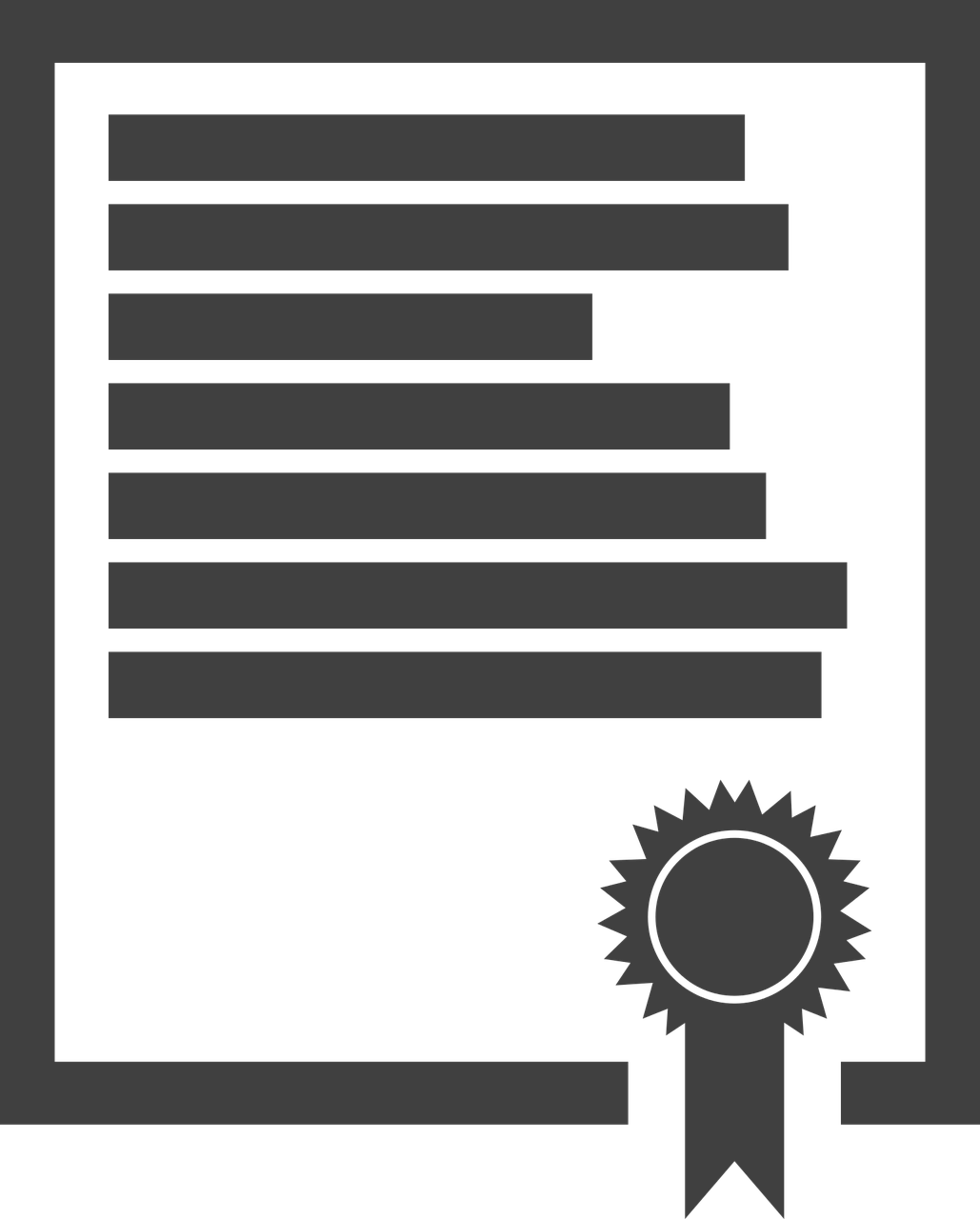Latest blog articles
-
Legislative enactments and court decisions, together with social-historical events, provide the causal mechanisms that enable scholars to trace the evolution of ownership paradigms in different jurisdictions. In addition, shifts in ownership paradigms result from the circulation and flow of legal...
-
“What kind of skills do we want our graduates to have?” was the main topic of discussion during a recent staff meeting, which got me thinking.
As the faculty of law, perhaps the “right” answer would entail something along the lines of: “Our graduates need to be capable of arguing logically, writing...
-
Flashy guys who work on the Zuidas, live in luxury penthouses and tear around in the latest Teslas and Jaguars – and all at the expense of ‘the ordinary man’ who they laughingly charge exorbitant hourly rates. This image of lawyers appears to be fairly persistent. But it has very little to do with...
-
The European Union (EU) faces challenges after the results of the United Kingdom (UK) European Union membership referendum that was held on June 23, 2016. Yet, Brexit is not the first challenge faced by the EU. Three points invite for reflection on Brexit and the future of the EU.
-
Fred Rodell, the once revered Yale Law School professor and the “bad boy of American legal academia” wrote that “[t]here are two things wrong with almost all legal writing. One is its style. The other is its content.” His harrowing words acutely capture my conflicting relationship with (legal)...
-
Moot court and DCFR - what did we take with us from this experience?
-
The Maastricht Project on European Contract Law shows the importance of innovation in legal education and what students can do when we give them the possibility to take matters into their own hands.






